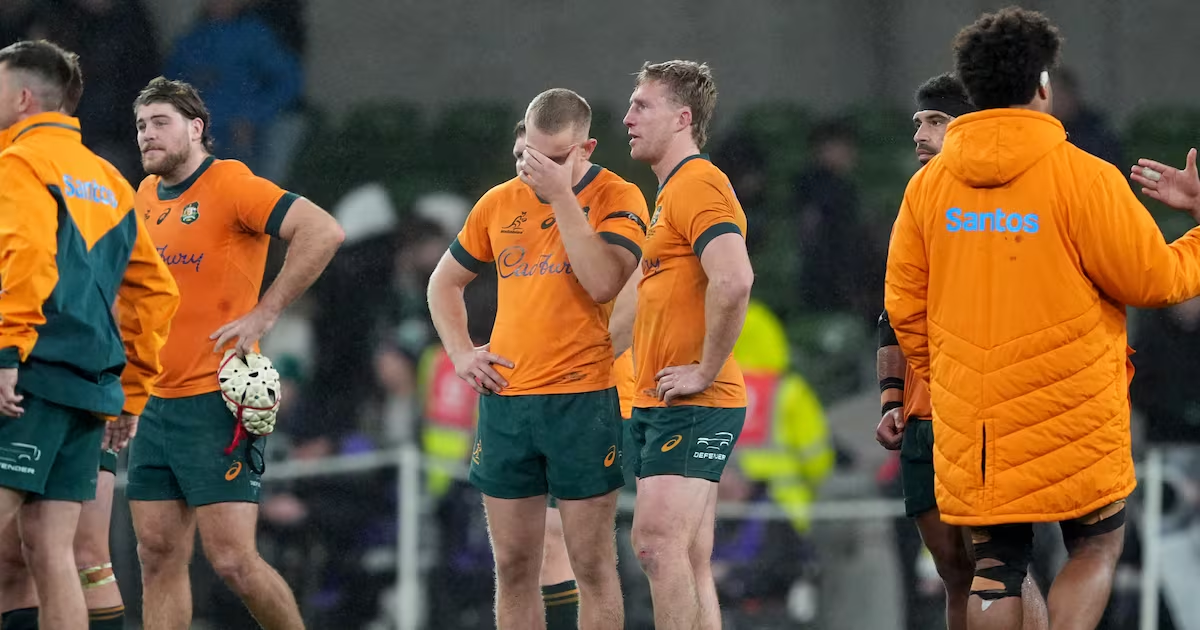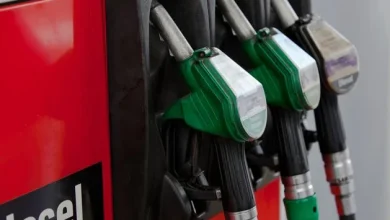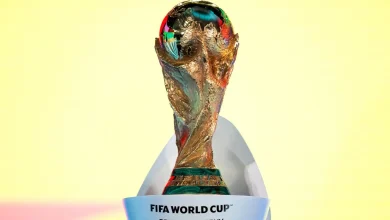‘The worst team in Wallabies history’: Australian media show displeasure at Ireland defeat

There were plenty of pejorative words used in the headlines of the Australian newspapers following the Wallabies’ 46-19 defeat to Ireland at the Aviva Stadium. The tone was very much a keening one.
The Australian newspaper ran with “Horror Wallabies reality realised: Every player rated from Ireland disaster.” The strap line read: “Just when you thought Australia’s spring tour couldn’t get any worse, the Wallabies gave fans an insight into the mediocrity gripping the sport.” It’s before the watershed so we won’t reveal any of the marks.
Elsewhere in the same newspaper, under the headline “Irish humiliation puts Wallabies on verge of a 126-year low,” the article asserted that, “It’s been a year of unwanted history for the Wallabies. But after a shellacking at the hands of Ireland in Dublin, the worst could be yet to come – and it could have major World Cup implications.”
Jacquelin Magnay wrote about how “former Brumbies junior Mack Hansen has haunted his homeland with a devastating hat-trick as Ireland crushed the Wallabies 46-19 in Dublin.”
In the Sydney Morning Herald, Paul Cully lamented that “wins over the Lions, Springboks offered hope. But it is now undeniable that the Wallabies have gone backwards.”
Peter FitzSimons contended under the headline “This is not acceptable: Wallabies woes paint bleak World Cup picture,” that the Wallabies have it in them to give “a home World Cup a real shake, but not if they play like they did against Ireland.”
Another headline read, “Mistake-riddled Wallabies thumped by clinical Ireland.” You’re probably starting to form a picture about how the defeat was received back in Oz.
Ben Talintyre wrote on the website news.com.au under the headline and strapline, “Wallabies in tatters as Joe Schmidt on verge of worst year in Australian rugby history. Joe Schmidt’s legacy is in tatters as the Wallabies face going down as the worst team in Australian history,” about a less than promising future for the national team.
Ireland’s Andrew Porter celebrate after Ryan Baird scores a try. Photograph: Nick Elliott/Inpho
“The Wallabies have now lost six of their last seven Tests, with an unimpressive 19-15 victory over Japan their only triumph in that period, in what can only be described as a bleak time for Australian rugby.
“After a brief period of improvement under Joe Schmidt, who took over from Eddie Jones after Australia crashed out of the 2023 Rugby World Cup in horrific fashion, the Wallabies are again looking like a complete mess.
“The Wallabies’ worst win percentage in a year was 38 per cent under Jones in 2005. While they had a 40 per cent win rate in 2016, they lost nine of 15 Tests under coach Michael Cheika. If Schmidt’s side wins its final match against France, he will tie Cheika’s percentage in the horror 2016 season.
“But if they lose, his side will go down statistically as the worst Australian rugby side in history, with a win rate of just 33.3 per cent.”
The Australian version of The Guardian newspaper carried Daniel Gallen’s thoughts on the game under the heading “The Wallabies were meant to prove they’re back. But instead they have gone backwards.”
He wrote: “Too often in Dublin they looked like a side searching for someone else to take control: to claim the high ball, to marshal the defensive line, to calm a frantic moment, to dictate where the next five minutes should be played. Ireland didn’t overwhelm them physically or tactically.
“They simply leaned on the most obvious pressure points – contestable kicks, structured phase play, tempo changes – and trusted that the Wallabies would crack first. And they did.
“Australia coughed up possession from their own lineout on six occasions – four times inside Ireland’s 22. Their ineptitude under the high ball has only worsened after similar struggles against England and Italy over the past fortnight.
“They’re playing like a team that has run out of energy, which is deeply concerning given they should be entering a new chapter as they gear up for that home World Cup in less than two years. What on earth are they going to do between now and then?”
Gallen concluded: “In the end it’s the clarity that will hurt most. Australia are not on the cusp of something; they are adrift from it. The raw materials are there, but the polish, the precision, the ruthlessness that defines the very best sides remains absent.”





